Pitfalls of the Fatah-Hamas Reconciliation
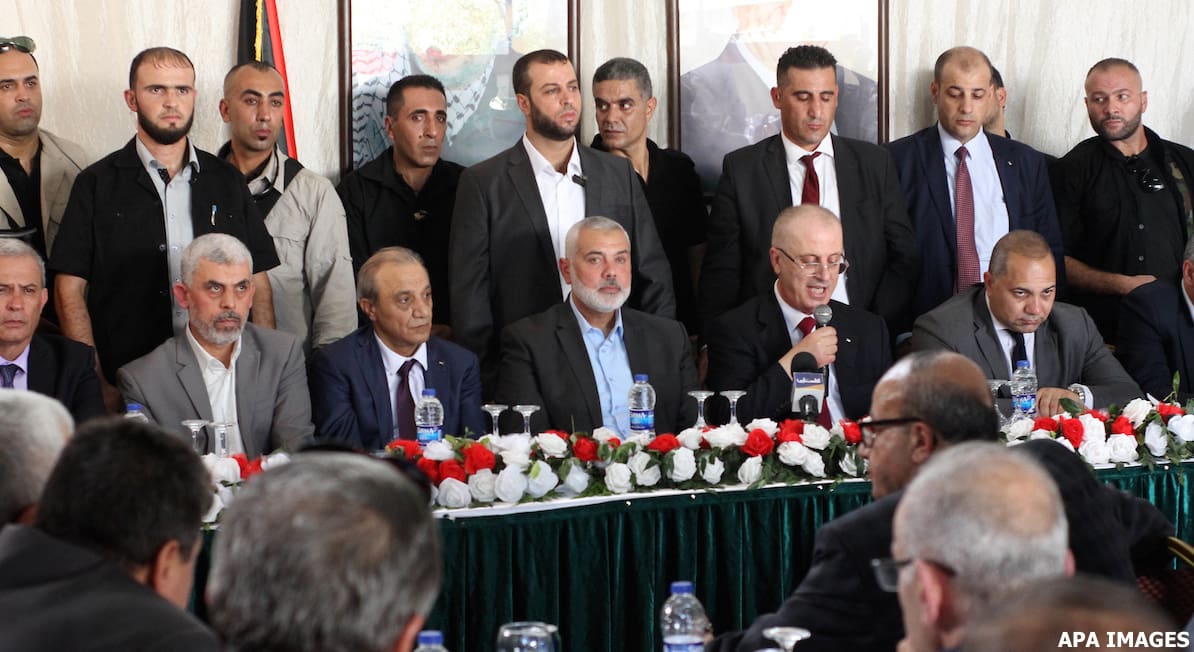
The Fatah-Hamas reconciliation may sound like a breakthrough, but many questions remain. If the reconciliation is done in an incomplete way, its longer-term effects may be more devastating to Palestinians than what they experience today. Al-Shabaka Analyst Khalil Shaheen explains.
Keeping Palestinian Women in Israel on the Economic Margins
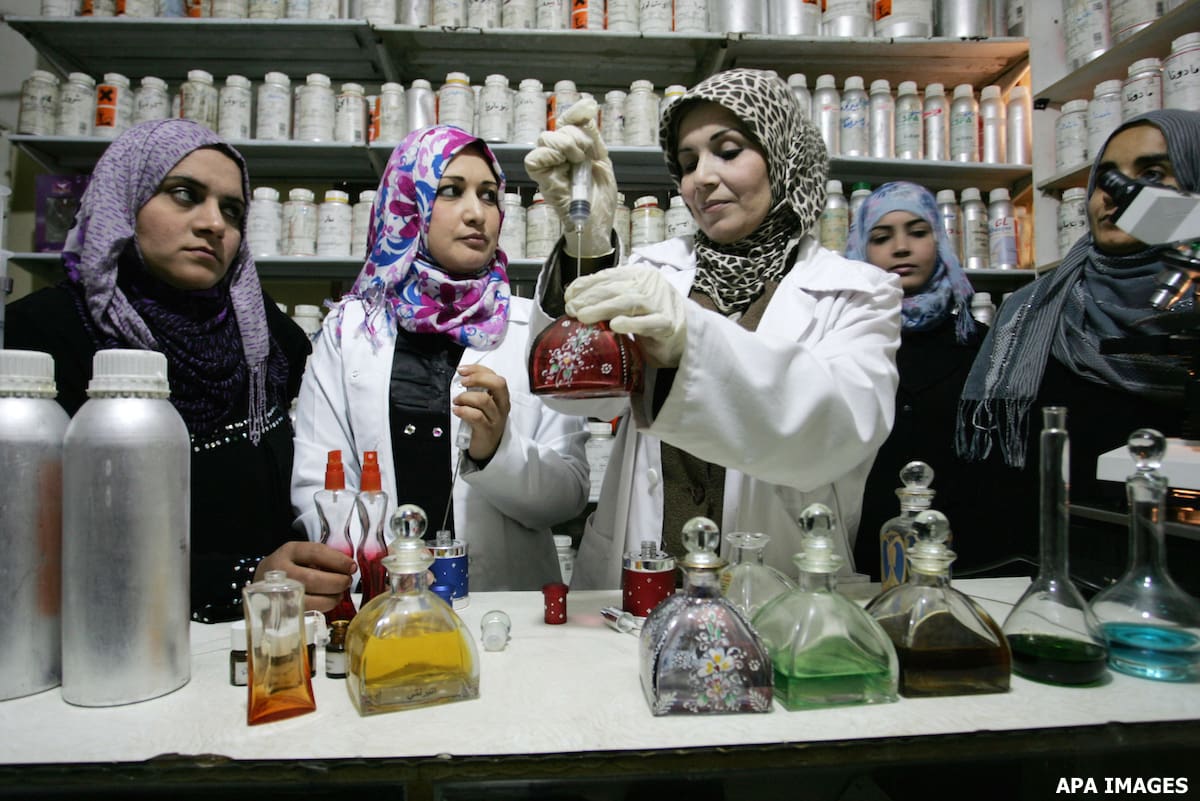
Palestinian women in Israel have one of the world’s lowest labor participation rates, while their Jewish counterparts have one of the highest. Al-Shabaka Policy Analyst 24567 argues this is not simply a result of “Palestinian culture” or “Islam,” but of Israeli state policies, and recommends ways Palestinians can promote Palestinian women’s rights in Israel.
Focus On: PLO and Palestinian Representation
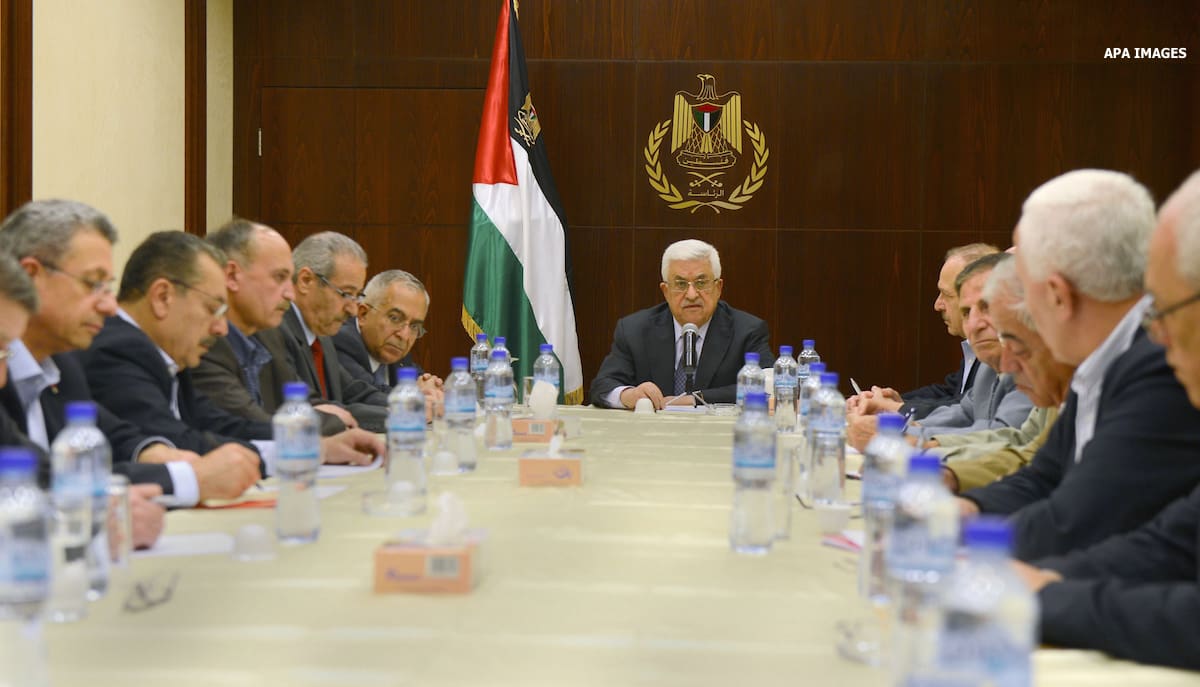
Al-Shabaka presents a selection of pieces from its archives in which its policy analysts discuss issues related to the reform of PLO institutions and questions of legitimate political representation.
Rethinking Our Definition of Apartheid: Not Just a Political Regime
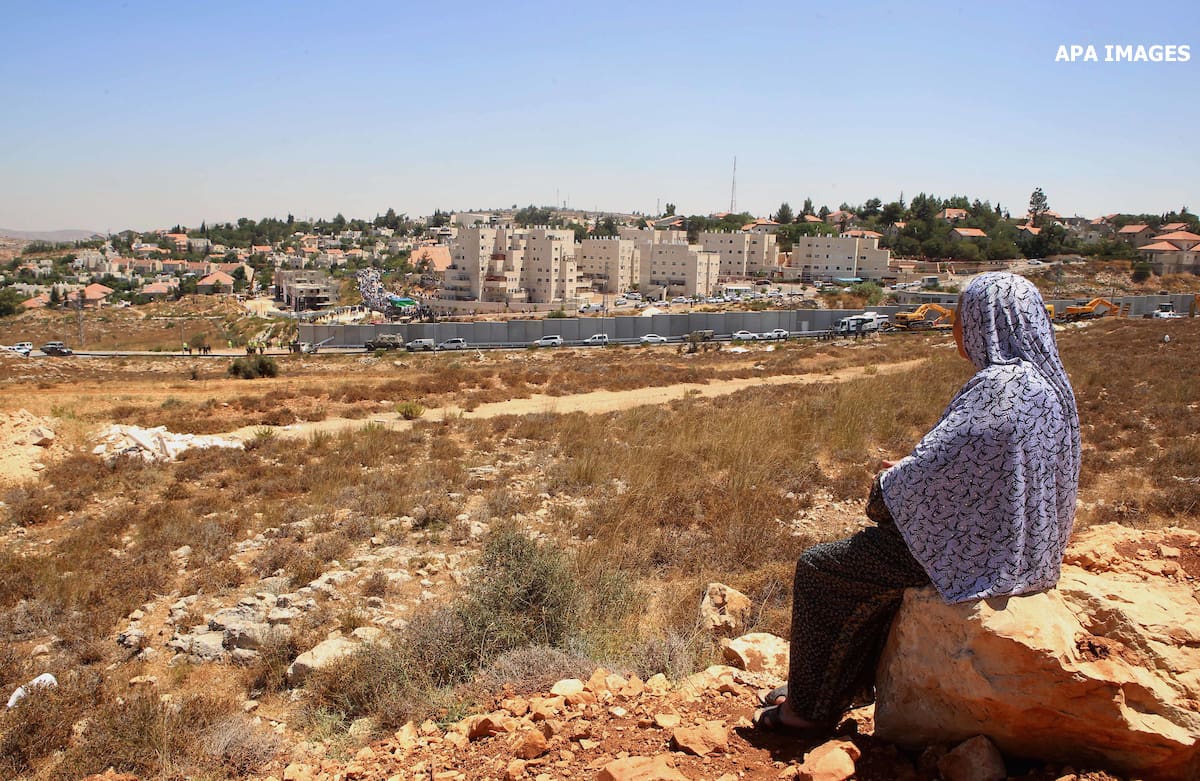
Though apartheid is an important framework for challenging Israeli rule, Al-Shabaka Analyst Haidar Eid and Guest Contributor 24373 argue that true justice can only come by recognizing apartheid as not only a system of racial discrimination, but also of racial capitalism. Drawing on the South African example, the authors recommend ways to move the analysis forward.
The Policies Kushner Should Push For
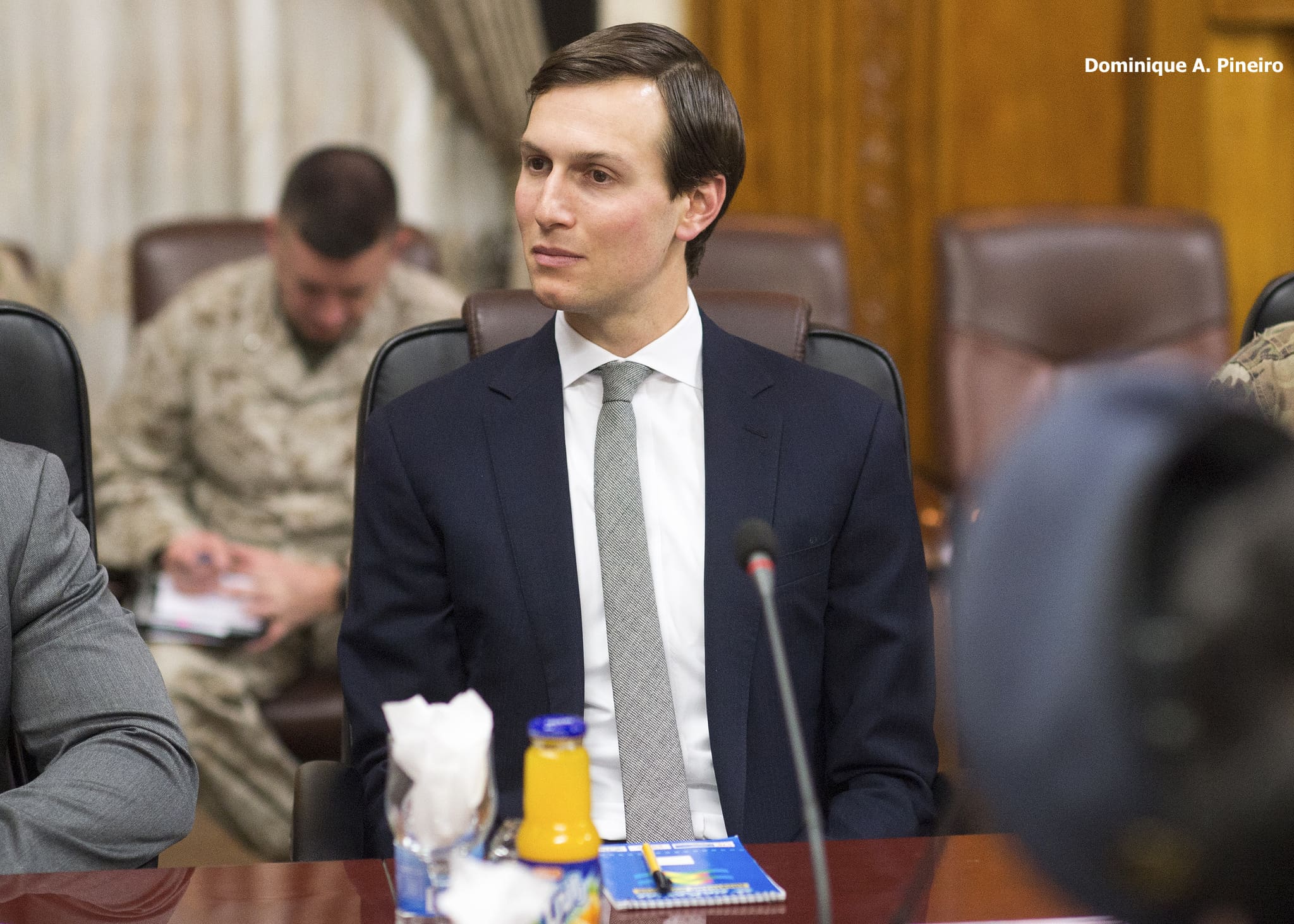
Senior Advisor to President Trump Jared Kushner’s latest attempt to restart the Israeli-Palestinian “peace process” will focus on “economic development” projects. Yet, as Al-Shabaka Analyst Zaha Hassan writes, such initiatives are not a substitute for real political change.
The “Apolitical” Approach to Palestine’s Water Crisis
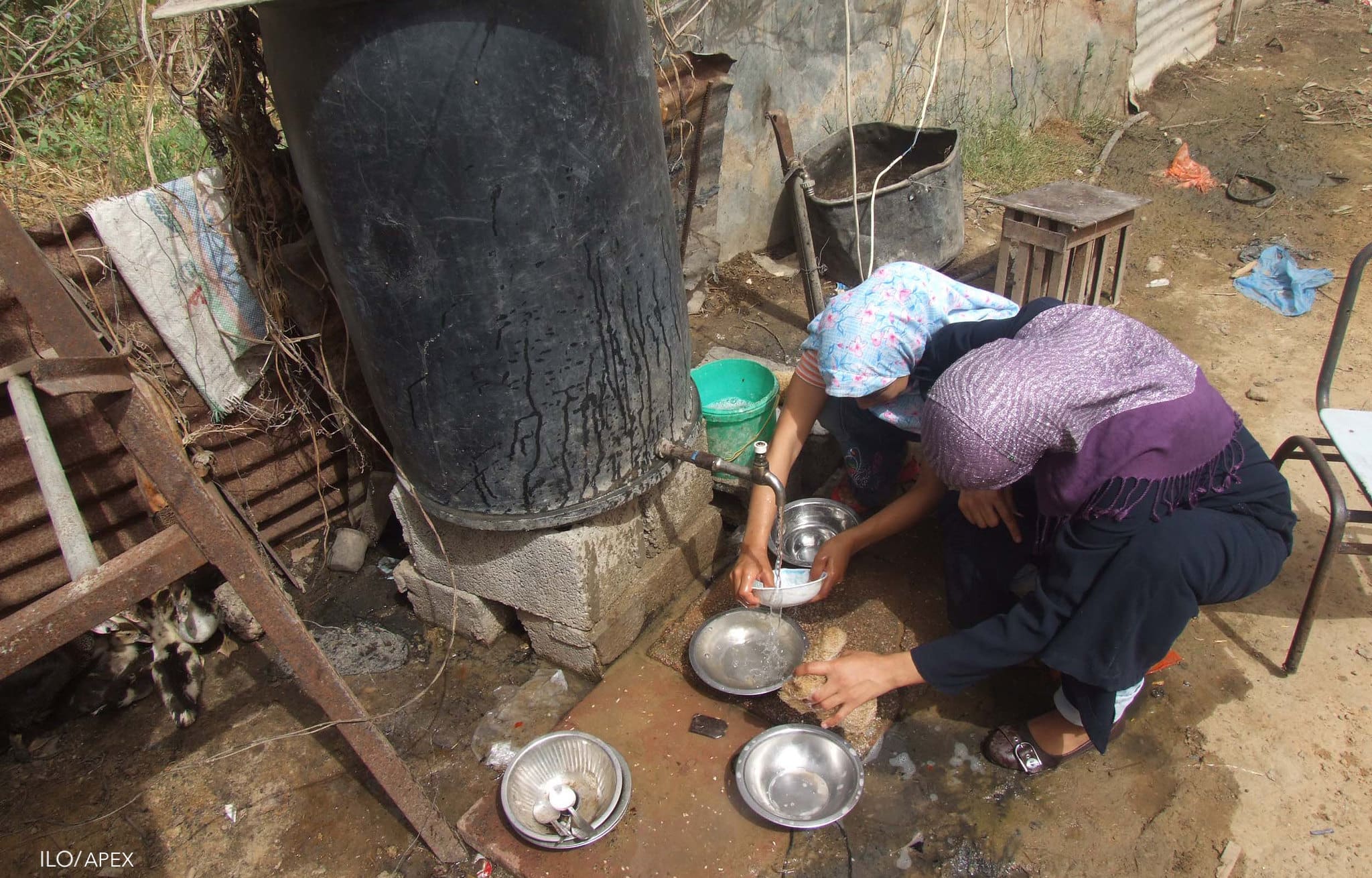
Though Palestine’s water scarcity is often portrayed as natural due to the region’s climate, it is a man-made crisis engineered by Israel. Al-Shabaka Policy Analyst Muna Dajani examines how international donors shore up this inequality through infrastructure projects and scientific collaboration with Israel, and suggests ways Palestinians can push for just solutions to the crisis.
Gaza is Headed for a Deeper Political and Humanitarian Crisis
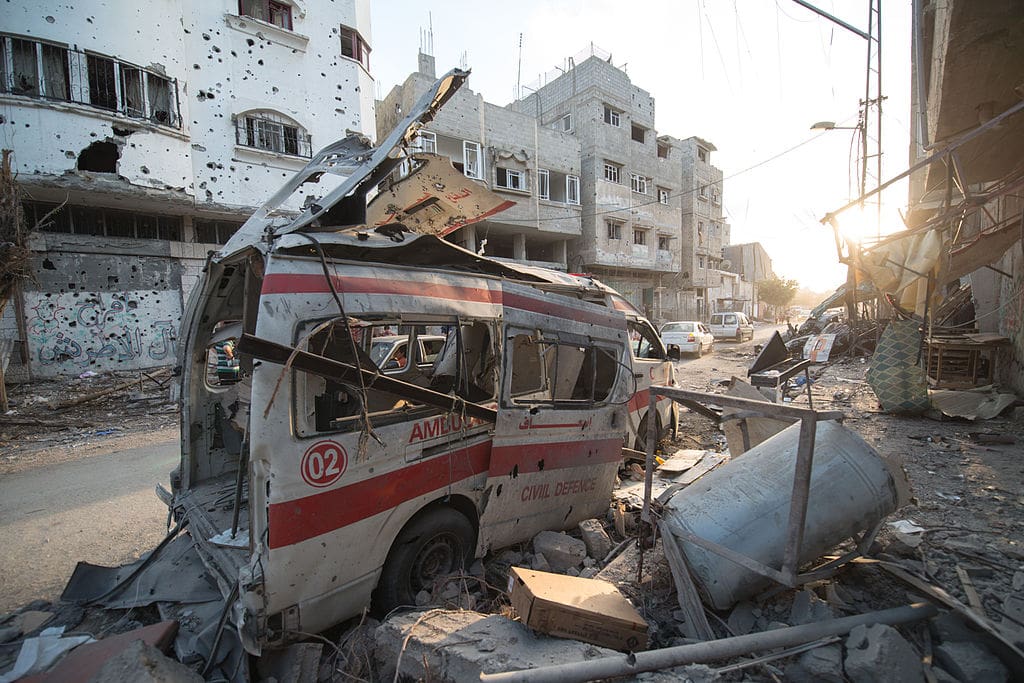
The Gaza Strip’s grim reality has lately worsened with the likely loss of its beleaguered ally and donor, Qatar, and a severe electricity shortage inflicted by Israel and the Palestinian Authority. Gaza-based Al-Shabaka Policy Analysts Haidar Eid and Ayah Abubasheer examine the political ramifications of these developments, as well as their grave impact on Gazans’ daily life.
Abbas’s Shortsighted Gaza Policy
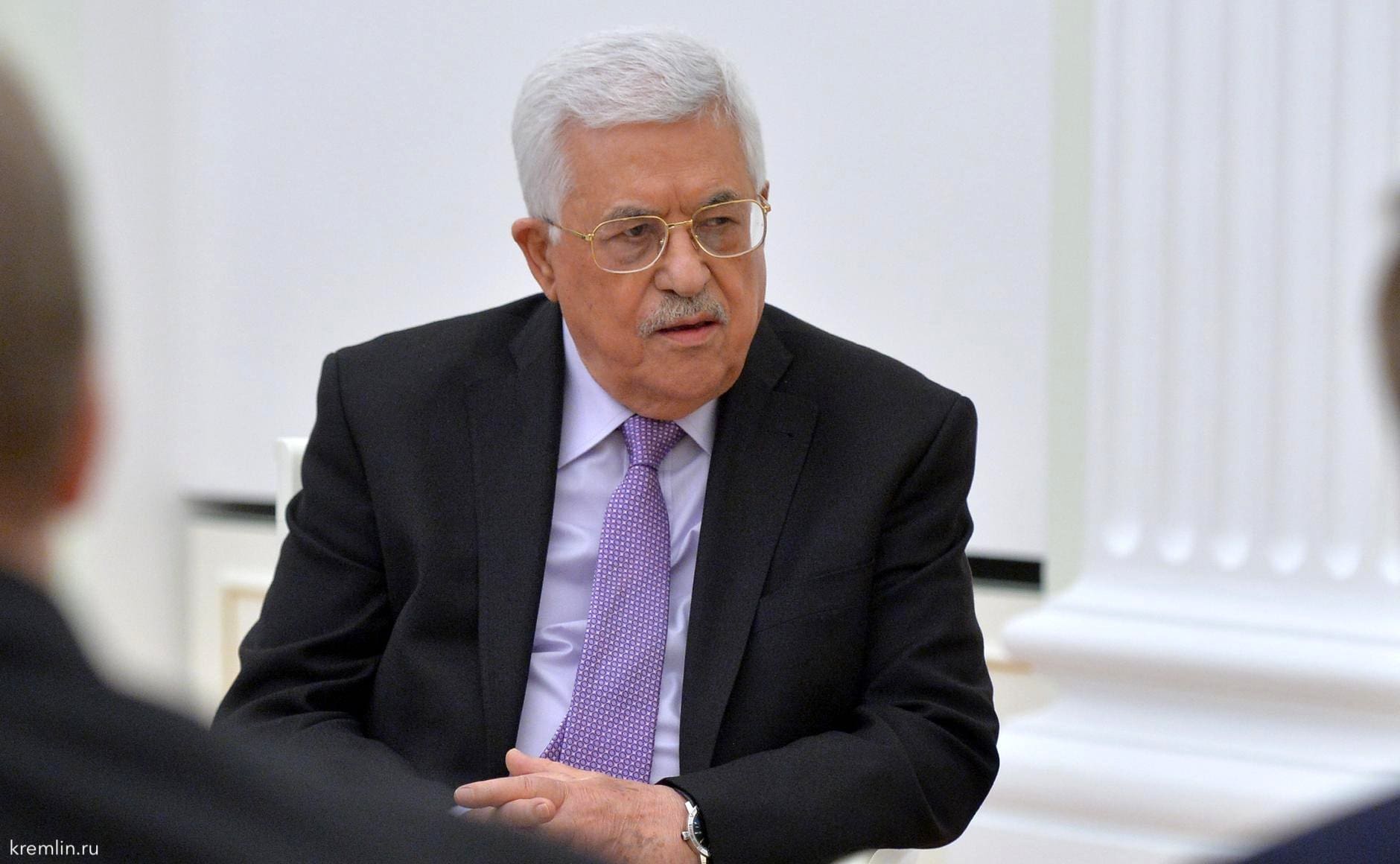
Palestinian Authority (PA) leader Mahmoud Abbas’s recent efforts to increase Hamas’s isolation by cutting salaries and electricity from the Gaza Strip mirror the regional isolation of Qatar, a supporter of Hamas. Al-Shabaka Policy Analyst Tareq Baconi analyzes the impetus behind Abbas’s strategy, its pitfalls and implications, and how Palestinians can confront the PA and its policies.
Don’t Historicize the Balfour Declaration: The Past is Still the Palestinians’ Present
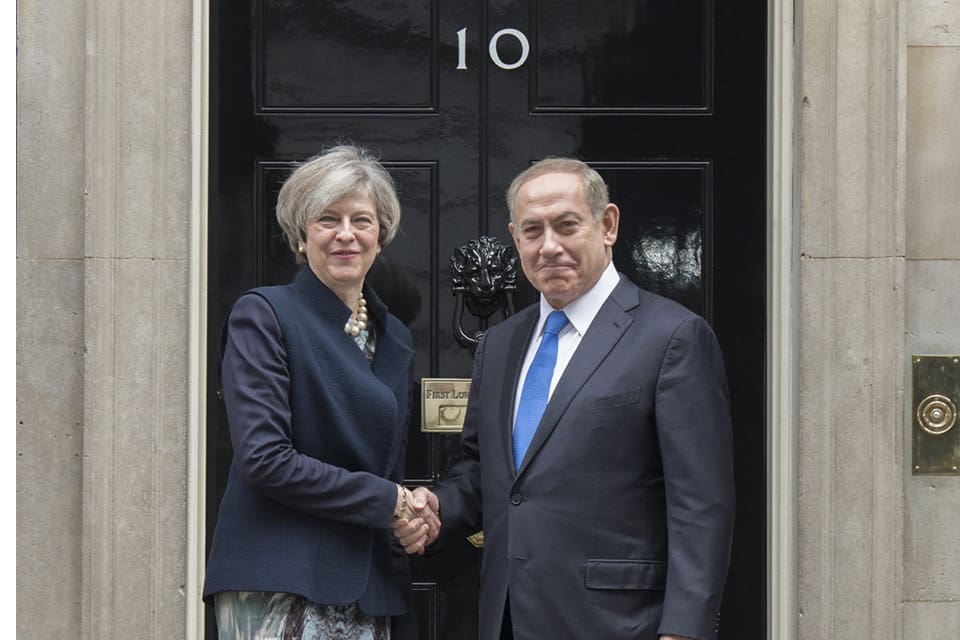
In the wake of the British elections, Al-Shabaka Policy Analyst 24588 examines how the newfound weakness of the Conservative Party provides Palestinians with an opportunity to use the upcoming centennial of the Balfour Declaration to address Britain’s century of ill-treatment toward the Palestinians, and offers recommendations regarding the kind of apology Palestinians should demand from the UK.








